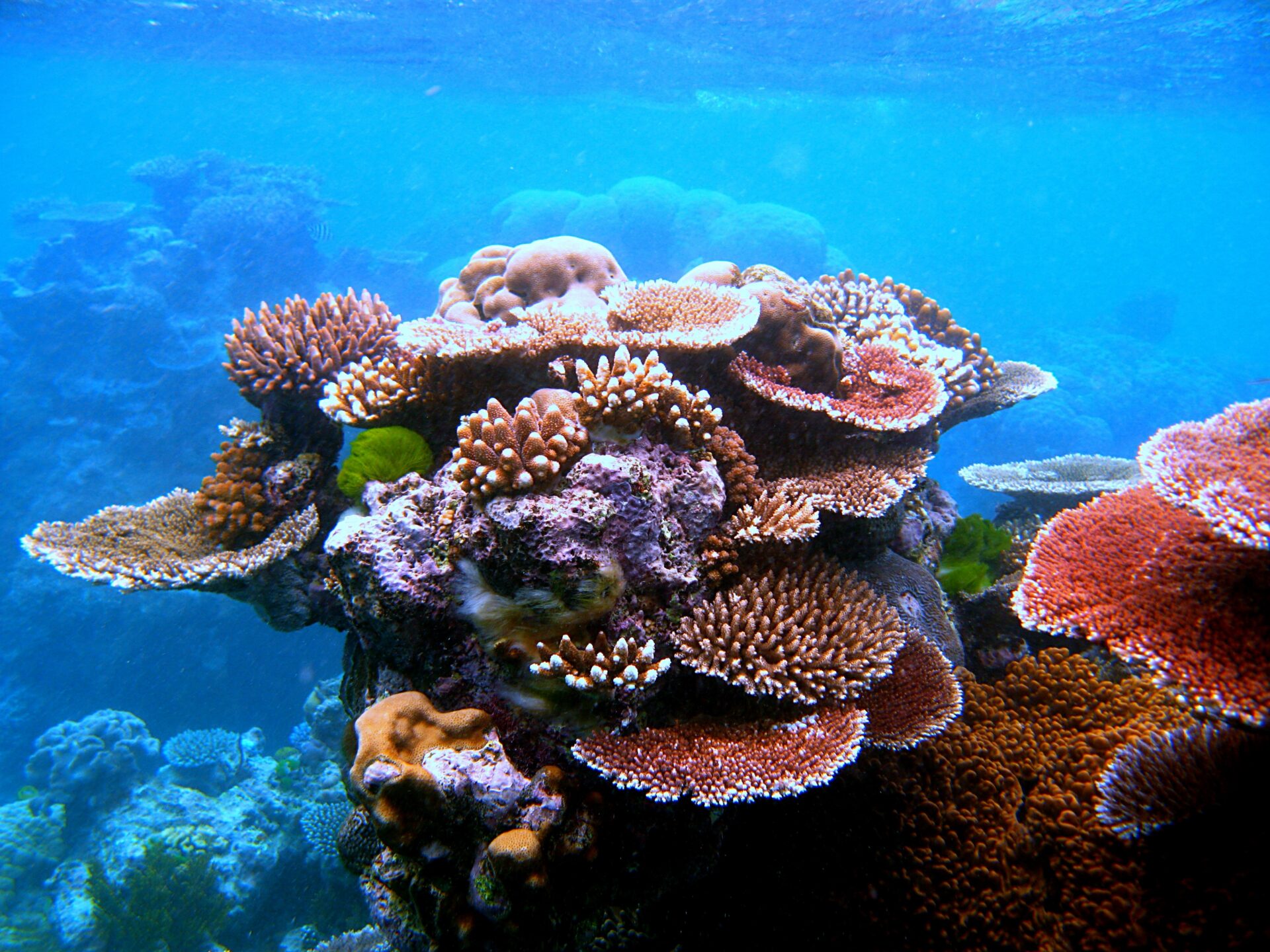
Global warming is a coral reef migration.
As the globe warms, many temperature-sensitive species have to adapt or expire. Many in the scientific community have been particularly concerned about coral reefs. A new study in the journal Geophysical Research Letters by researchers in Japan suggests that the threat to coral reefs may not be that dire.
Coral Reefs: Rain Forests of the Ocean
Coral reefs are fundamental to the world’s oceans and marine life. Maybe you’ve heard the expression that rain forests are the lungs of the planet? Well, to marine scientists, coral reefs are the ocean’s rain forests — areas of incredibly rich biodiversity that serve as habitat and food for a wide array of marine life, on the order of nine million species. And so the fate of these reefs has major implications for fisheries and marine ecosystems. Roughly half a billion people depend on coral reefs for some part of their food, shelter or income.
The Global Warming Threat
Reefs face many threats — natural ones include biological infestation, diseases, storms, and excessive rainfall. Manmade hazards include over-fishing and coastal development. Into this mix we’ve added risks from global warming.
Rising temperatures can disrupt the symbiotic relationship between coral reefs and the algae that live on them, causing the reefs to suffer and even die. As temperatures rise, temperature-sensitive algae that sustain the coral are expelled or killed. Though corals can recover from such events, which are known as coral bleaching, they can also be seriously damaged or perish from them, depending on the temperature or duration of the event.
Such phenomena have been observed from the Caribbean to the Pacific and Indian Oceans, and have often been especially extreme following summers with unusually warm sea surface temperatures. For example, in 1998 when temperatures in the Indian Ocean spiked to levels not seen in half a century, bleaching led to the death of 50-90 percent of corals on many reefs. It’s estimated that 16 percent of the world’s corals died from that event. In the Caribbean in 2005 some 28 percent of observed coral was bleached.

